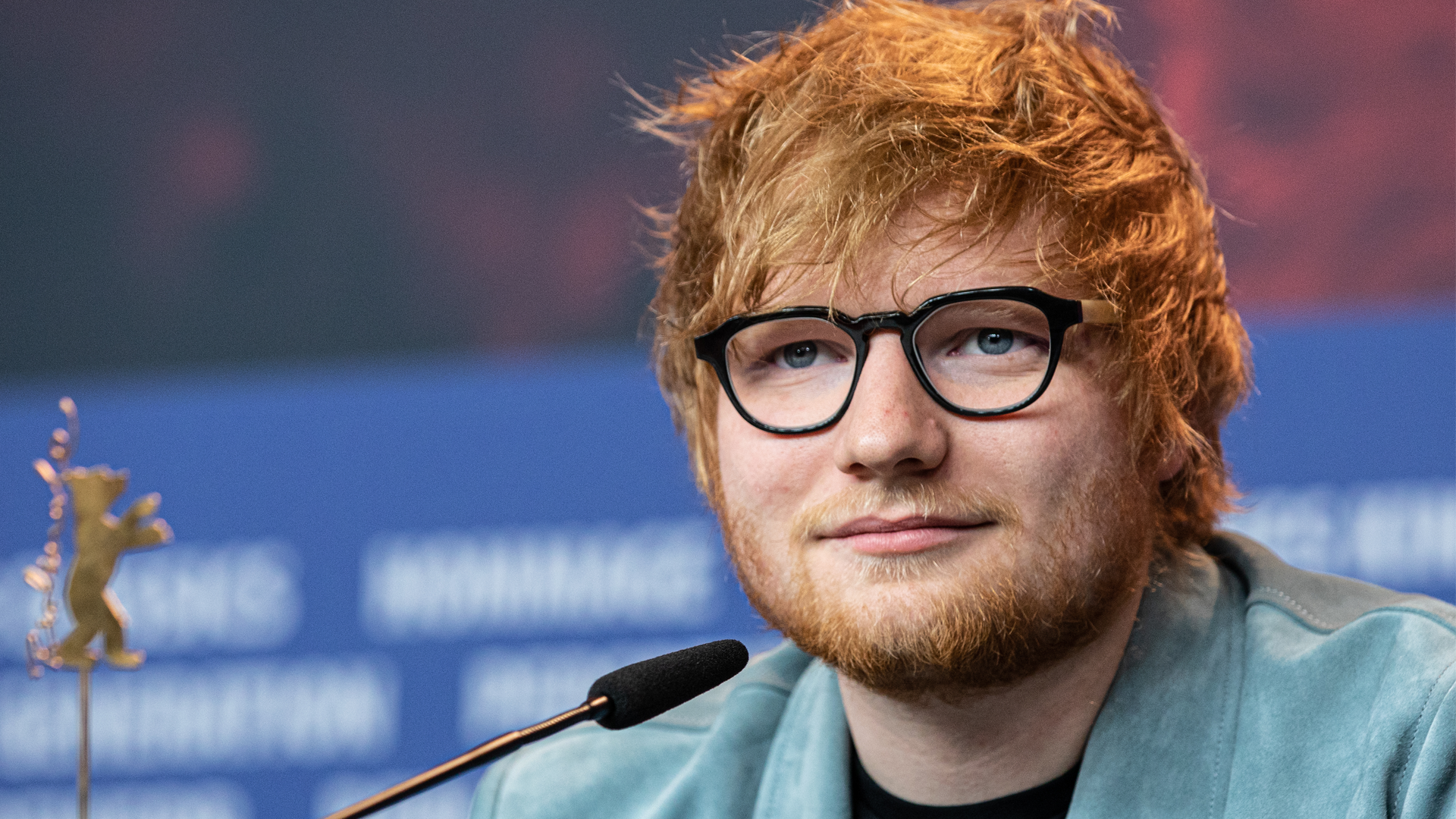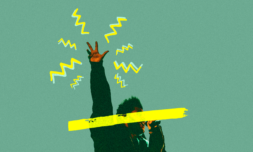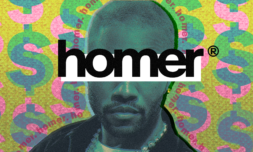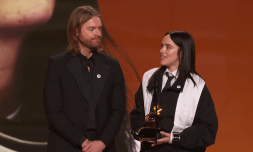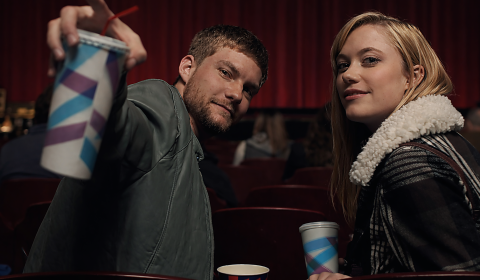The world-renowned singer-songwriter Ed Sheeran has faced multiple legal allegations of theft, most notably for his single ‘Thinking Out Loud.’ His win clears him of any wrongdoing, and ensures other artists are still free to use chord progressions in any manner they see fit.
Ed Sheeran has won a court case in New York this week and was ruled not liable for copyright infringement. He was accused of ‘ripping off’ Marvin Gaye’s ‘Let’s Get It On’ with his hit single ‘Thinking Out Loud.’
The result is being hailed as a major victory for songwriters, artists, and bands.
In a statement outside court, Sheeran said that he was ‘obviously happy’ with the result, adding that he ‘won’t have to retire from [his] day job after all.’ He remains angry at the tole these proceedings have taken both professionally and personally, however, commenting that he is ‘unbelievably frustrated that baseless claims like this are allowed to go to court at all.’
Ed missed his grandmother’s funeral to attend court, time he says he will ‘never get back.’
Sheeran’s lawyer, Ilene Farkas, described the lawsuit as flawed, arguing that the chords highlighted in both songs are ‘basic musical building blocks that forever must be free to use, or all of us who love music will be poorer for it.’
We’ve seen plenty of comparable legal proceedings crop up over the last decade or so, whereby one estate claims another artist has directly stolen another’s work.
Marvin Gaye’s family similarly sued Robin Thicke for his ‘Blurred Lines’ single in 2015, and were awarded over $7 million USD in damages. Other artists have butted heads and settled their differences privately. Radiohead accused Lana Del Ray of copying their single ‘Creep’ for her own song ‘Get Free’ in 2018, for example.
While some of these claims may have merit, there is a risky precedence set when artists are ordered to shell over millions for the sake of a few chords. Where is the line between musical tools and directly lifting from another’s work?
That question will no doubt become even blurrier with the arrival of AI and deep-fake audio.









